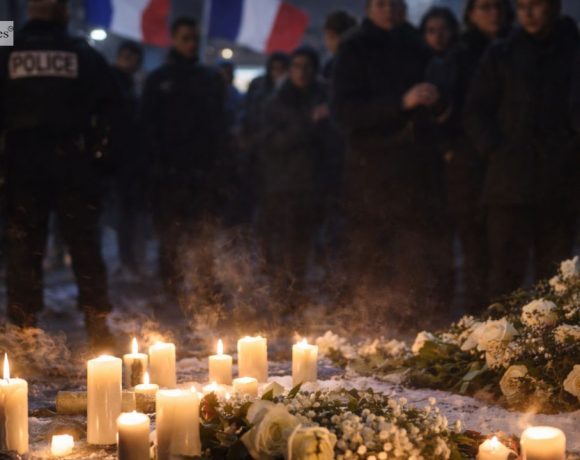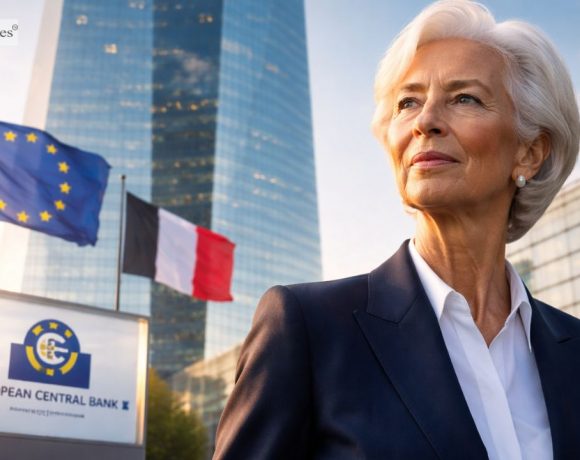
U.S. President Donald Trump said he met with Novartis CEO Vas Narasimhan at the White House, where the pharmaceutical executive outlined plans to expand the company’s footprint in the United States. Speaking to workers at a steel plant in Rome, Georgia, Trump said Narasimhan informed him that Novartis is building 11 manufacturing plants in the country.
According to Trump, the expansion is linked to his administration’s tariff policies, which have pushed drugmakers to increase domestic production. The president presented the planned facilities as a sign that trade measures are encouraging major global companies to invest more heavily in U.S.-based operations.
In a statement, Novartis confirmed it recently updated U.S. officials on its progress, including new manufacturing and research sites in North Carolina and California, as well as plans to expand its radioligand therapy network with a new facility in Florida. The company did not specify the total number of plants but had previously announced a $23 billion investment to build and expand 10 U.S. facilities amid potential drug import duties.
Pic courtesy: google/ images are subject to copyright









